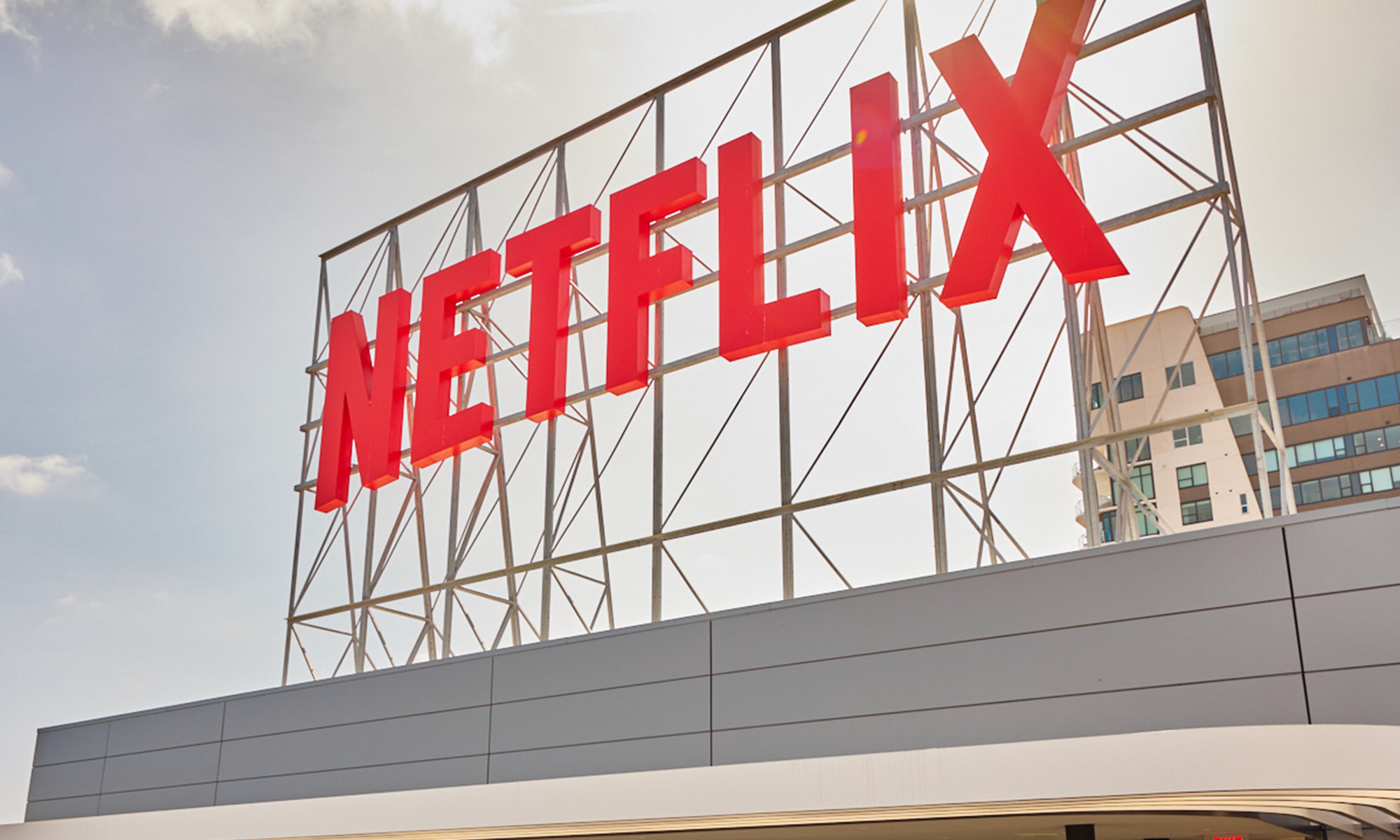Investors will struggle to find a better-performing stock than Netflix (NFLX +0.23%). In the last two decades, since August 2004, shares have catapulted a jaw-dropping 25,850% higher. By challenging media industry incumbents with a superior user experience, the business found great success.
Netflix is firing on all cylinders today, as its financial results indicate strong performance. But if you're looking to press play and add the streaming stock to your portfolio, perhaps there's something you need to factor into your decision. Does management's recently announced reporting change spell doom for investors?
Netflix's most important number
In an effort to boost growth, Netflix made strategic moves that previously were unthinkable. Cracking down on password-sharing households and introducing a cheaper ad-based tier weren't in the cards before. But they have been successful, helping drive a 16.5% year-over-year membership gain in the second quarter (ended June 30). This resulted in a 16.8% rise in revenue.
Unlike most of its streaming peers, Netflix has been generating robust profits. Its second-quarter operating margin was a stellar 27.2%. And thanks to the company's massive scale, it plans to produce $6 billion in free cash flow this year, with some capital even going toward share buybacks.
However, the leadership team surprised the market when it was revealed in April that the business would stop reporting its subscriber figures on a quarterly basis starting next year. Executives mentioned that they would "announce major subscriber milestones" when they occurred.
Management wants its shareholders to focus on what they believe are the most important numbers to assess the health of Netflix. This means revenue, operating margin, and engagement. Another valid argument is that because Netflix now offers consumers multiple price points and subscription tiers, not all members are created equal, so this figure is not as valuable as it was in the past.

NASDAQ: NFLX
Key Data Points
Good or bad
When a business makes a notable change to its reporting protocol like Netflix has, I believe it's informative for investors to consider the good and the bad.
Let's just accept the leadership team's reasoning for why it shouldn't reveal subscriber data anymore. Netflix is one of the world's elite companies, dominating the global media and entertainment industry. And its share price has skyrocketed in the past couple of decades. Based on that, it's easy to give management the benefit of the doubt.
At a fundamental level, nothing matters more to a company's success than being able to grow revenue and profits over the long term. In Netflix's case, that will now come from a combination of more customers and occasional price hikes.
The positive viewpoint makes sense, but I'm a bit more skeptical. This is true even as I remain bullish on the business.
Part of any executive team's job is to market the company's stock to investors. Perhaps nothing mattered more to the performance of Netflix shares in the past than the growth of subscribers. If management thought that member additions would be strong going forward, I think they'd gladly want to show off these numbers. This could be a clear sign that Netflix will register a notable slowdown in customer signups in the years ahead.
That's hardly a surprise. As Netflix further penetrates the markets that it's in, it will naturally see the gains decelerate as it becomes harder to convert cable-TV households to cut the cord and switch to streaming.
For investors, losing access to a critical piece of information will make it more difficult to value the stock. This will require some guesswork when making an investment decision.
For what it's worth, though, I don't necessarily think this means trouble for Netflix shareholders just yet. It will simply require investors to pay more attention to the data points that matter.





